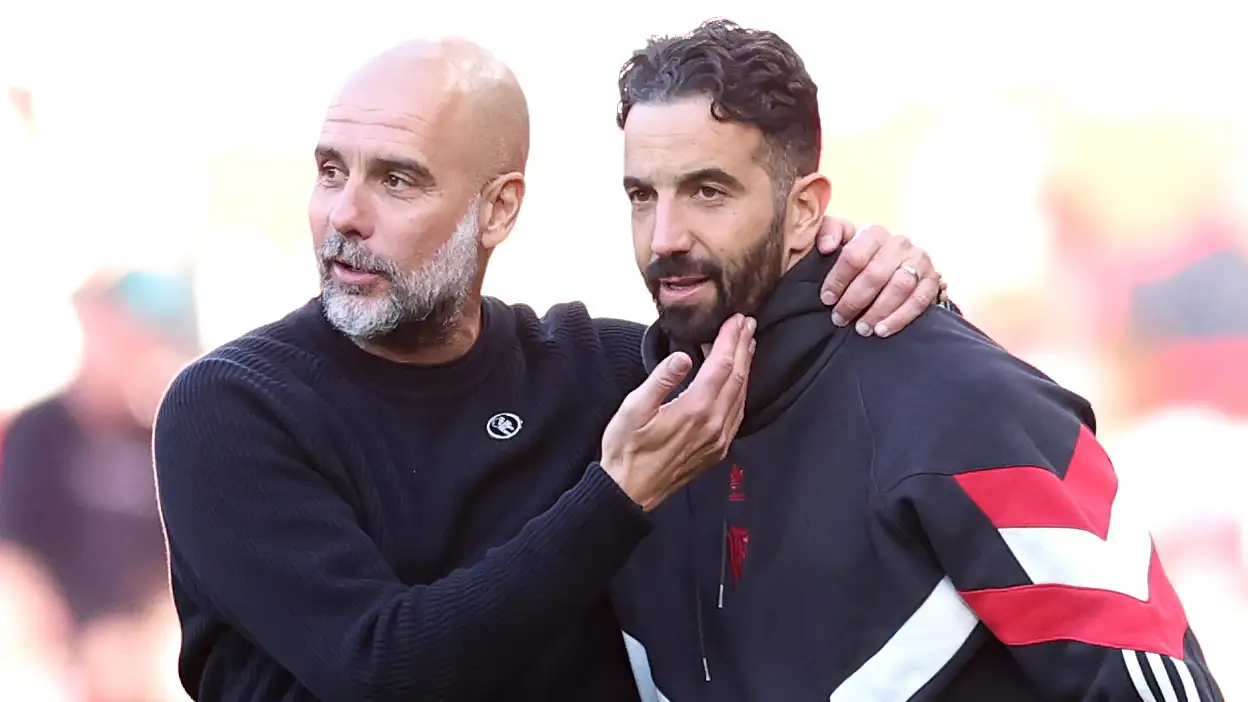
“If He Doesn’t, Then He Has Problems” – Pep Guardiola Prepared to Change Philosophy as Man City Chase Champions League Spot
Guardiola Reveals Tactical Flexibility Amid Pressure, Distinguishes Himself From Man Utd Boss Ruben Amorim
Pep Guardiola is no stranger to scrutiny. The Manchester City boss, renowned for his purist approach to the beautiful game, has built a legacy on possession, pressing, and positional play. But as City head into the final stretch of a less-than-vintage Premier League campaign, even the Catalan maestro is prepared to sacrifice principles for pragmatism.
Speaking candidly ahead of City’s crucial clash against Fulham, Guardiola admitted that he is ready to change his philosophy—a bold claim from a manager so closely tied to a defined footballing identity. And with Manchester City needing just a point to secure Champions League qualification, the stakes have rarely been higher in his tenure.
In a subtle dig—or perhaps just a comparison—Guardiola also seemed to draw a line between his flexibility and the approach of Manchester United manager Ruben Amorim, who came under fire for his tactical rigidity in United’s recent European failure.
So what’s going on at Manchester’s two biggest clubs? One seemingly bending, the other standing firm. Let’s break it all down.
Guardiola’s Message: Win First, Style Later
Guardiola’s press conference this week pulled back the curtain on the mindset of a manager under pressure—not just to win, but to maintain a standard of excellence he himself set.
“The manager is good if you win – if you don’t then his decisions are wrong,” Guardiola said with a wry smile, echoing the cynicism of modern football. “Any plan when you win, that’s really, really, really good. We are judged for our results, not for the way we want to approach the game.”
It’s a quote that’s both blunt and revealing. After all, this is a man who once insisted he’d rather lose his job than compromise his footballing ideals. Now? He’s singing a different tune—at least for this weekend.
“If we have to play in a certain way to take a point then I will do it. If that means changing the principles, to sit back and wait for the transition, and play another way to take the point, then I will do it. I promise you I will do it.”
This isn’t desperation—this is evolution. Guardiola knows that in elite sport, survival is sometimes more important than style. And survival right now means Champions League football, without which City would be staring at a failed campaign.
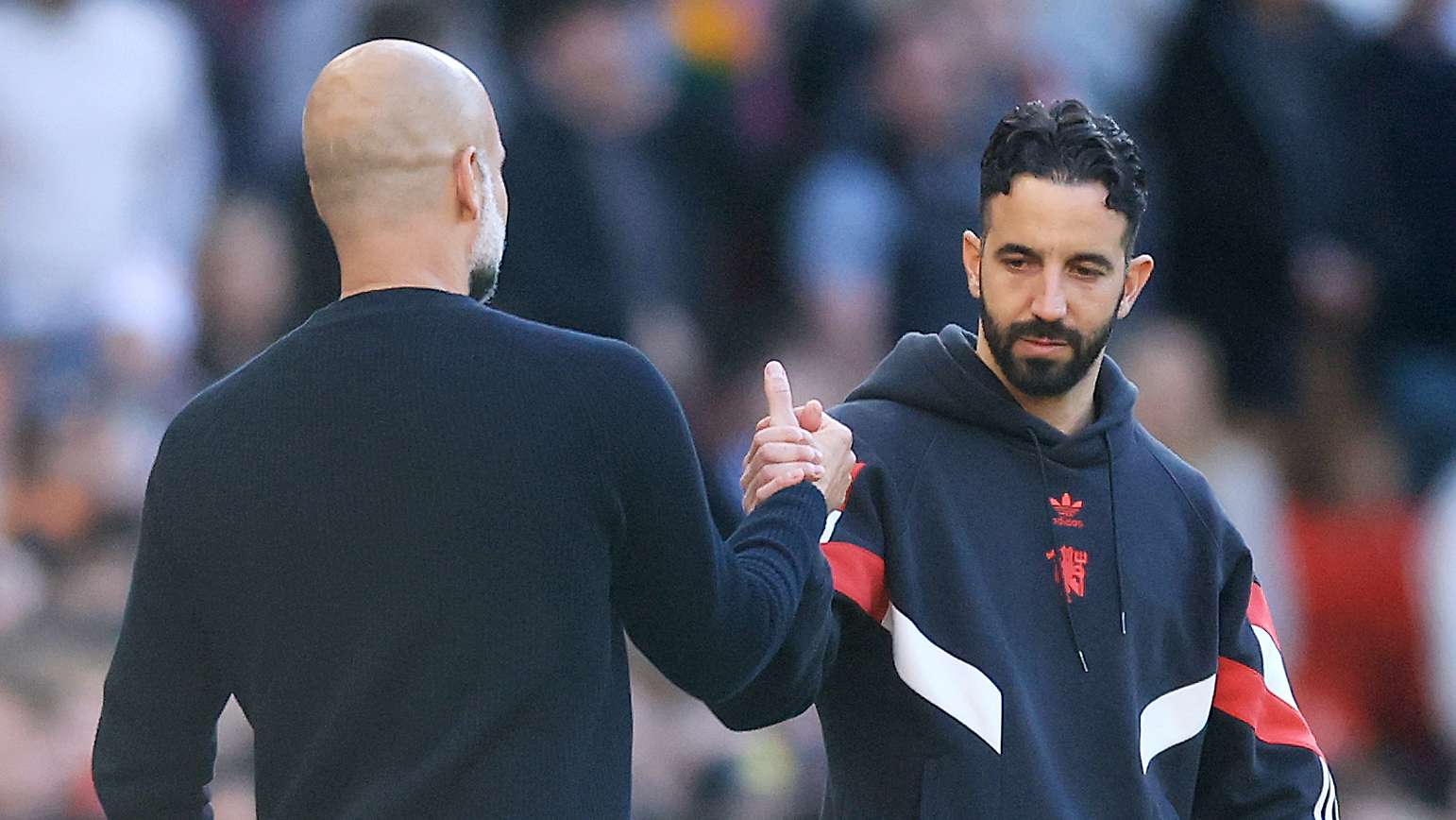
Manchester United FC v Manchester City FC – Premier League
The Stakes at Craven Cottage
On paper, the math is simple. A single point against Fulham ensures Manchester City finish inside the top five—enough to guarantee a place in Europe’s top club competition next season.
But football isn’t played on paper.
Fulham, safe from relegation and playing with freedom, could pose a tricky test. Marco Silva’s side is more than capable of making life difficult, especially if City arrives distracted, anxious, or tactically off-balance.
That’s why Guardiola’s flexibility could be the edge. Whether he rolls out a low block, rotates heavily, or unleashes Erling Haaland and co. from the first whistle, the emphasis is clear: get the point, whatever it takes.
Amorim Under Fire After Europa League Final
While Guardiola is adapting, his counterpart across town is being criticized for doing exactly the opposite.
Ruben Amorim, still relatively new to the hot seat at Manchester United, has been lauded for his structured, innovative style—particularly his loyalty to the 3-4-2-1 system he made famous at Sporting CP. But in the Europa League final against Tottenham, that structure backfired.
United looked predictable, passive, and unable to adjust to Spurs’ attacking overloads. The result? A disappointing defeat that left fans questioning whether Amorim’s tactics were too rigid for a squad still finding its feet.
Critics argue that Amorim’s refusal to tweak his system—even with the match slipping away—was a sign of stubbornness. But others suggest it’s simply the price of long-term vision. He’s building something, not papering over cracks.
Guardiola vs Amorim: Philosophers on Different Timelines
It’s tempting to draw a straight line between Guardiola and Amorim—two thoughtful, detail-obsessed managers with a clear footballing vision. But their situations couldn’t be more different.
Guardiola, now nearly a decade into his Premier League reign, has already proven everything. Trophies? Plenty. Influence? Unquestionable. He’s earned the right to adapt when needed without damaging his legacy.
Amorim, meanwhile, is just beginning his Premier League journey. United are backing him publicly, with reports suggesting significant summer investment is coming his way. He’s being judged not just by results, but by whether he can instill an identity in a club that’s lacked one since the Ferguson era.
So while Guardiola can afford to say, “If I have to play ugly, I’ll do it,” Amorim is still expected to build beauty first—even if it means short-term pain.
Champions League: The Golden Ticket
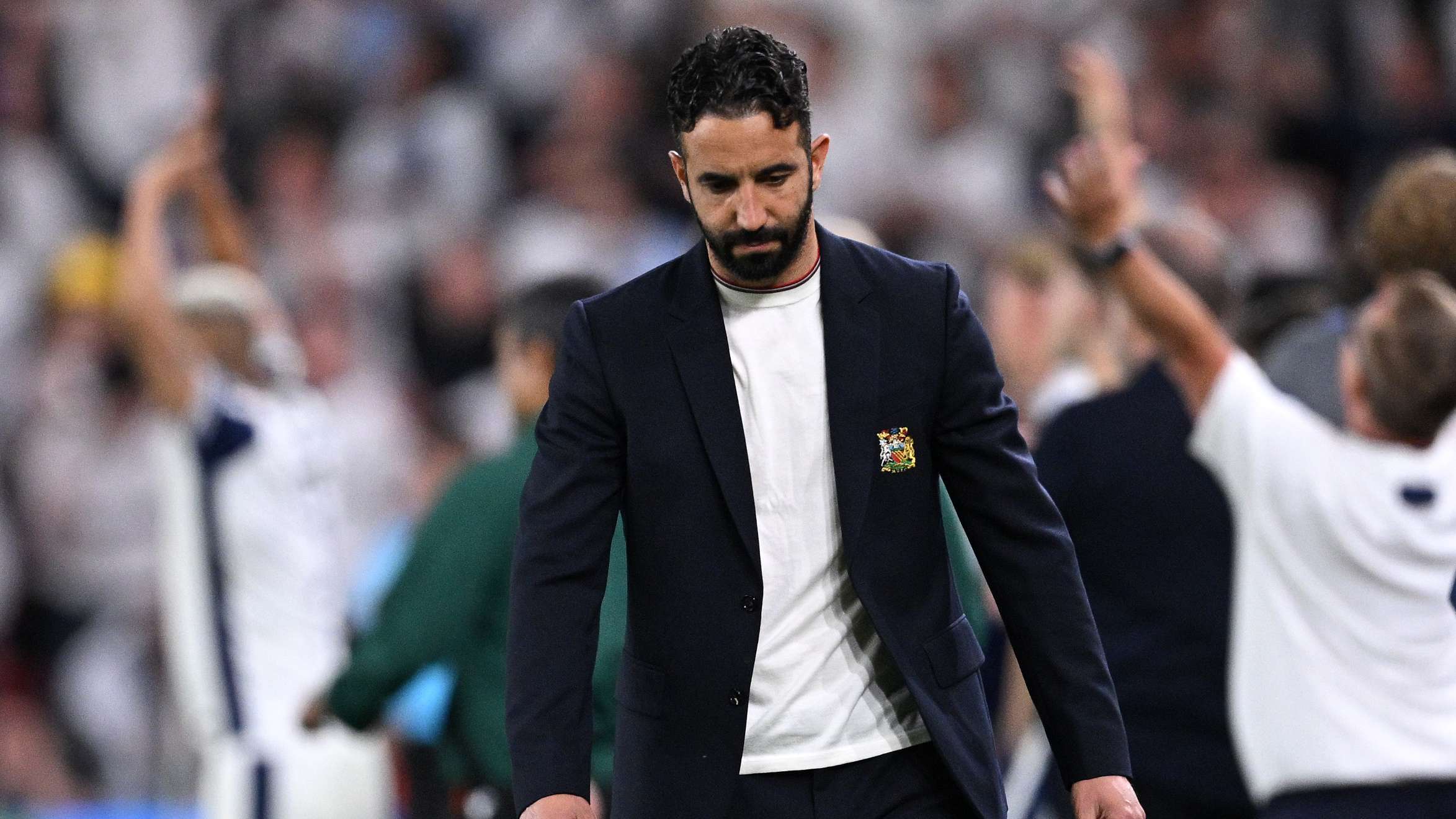
Tottenham Hotspur v Manchester United – UEFA Europa League Final 2025
For both clubs, qualifying for the Champions League isn’t just about prestige—it’s financial security, transfer market leverage, and a signal of credibility to the world’s top talent.
For Manchester City, missing out would be a disaster. Not just because of the money, but because of the expectations. Guardiola’s team is built to compete for European trophies, not just qualify. Ending the season outside the top four would not only shake the fanbase—it would embolden critics who say the project is faltering post-treble.
For Manchester United, qualification would be a minor miracle. They’ve endured an inconsistent, injury-ridden campaign, and Amorim was never expected to fix everything overnight. A top-four finish would fast-track their rebuild and give Amorim a firm platform to stand on.
What Happens Next?
Manchester City head to Craven Cottage on Sunday, looking for that all-important point. It’s not glamorous, it’s not poetic—but it could be the most significant 90 minutes of their season.
Across town, Manchester United host Aston Villa, with Old Trafford expected to be tense, maybe even hostile. Fans want results, but they also want belief. Whether Amorim’s methods deliver either remains to be seen.
As for Guardiola, his comments this week may come to define more than just this match. They could represent a subtle turning point in his career—a moment where the game’s ultimate idealist became a realist, just long enough to weather a storm.
Because sometimes, even the philosopher knows when it’s time to park the philosophy.




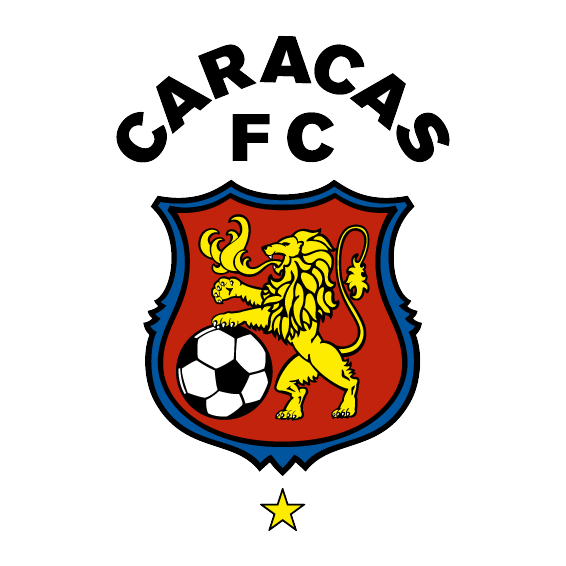
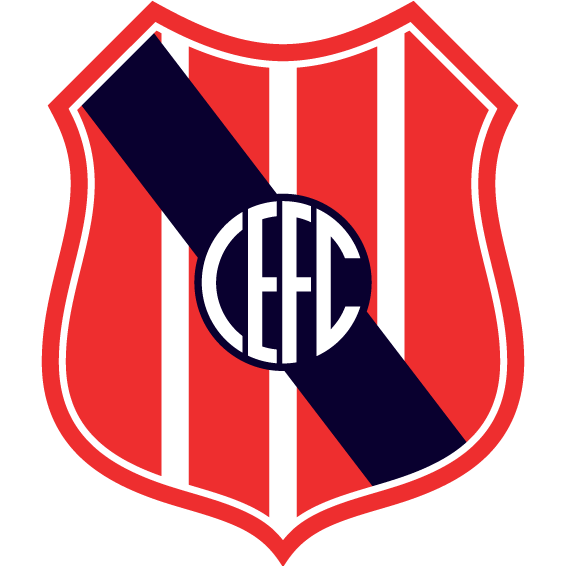
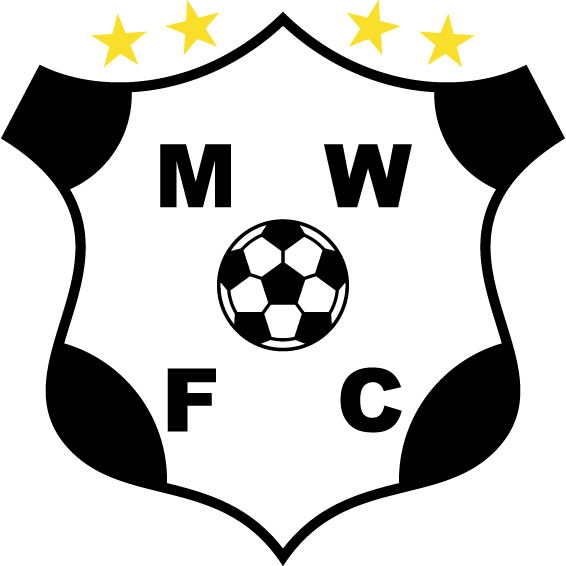
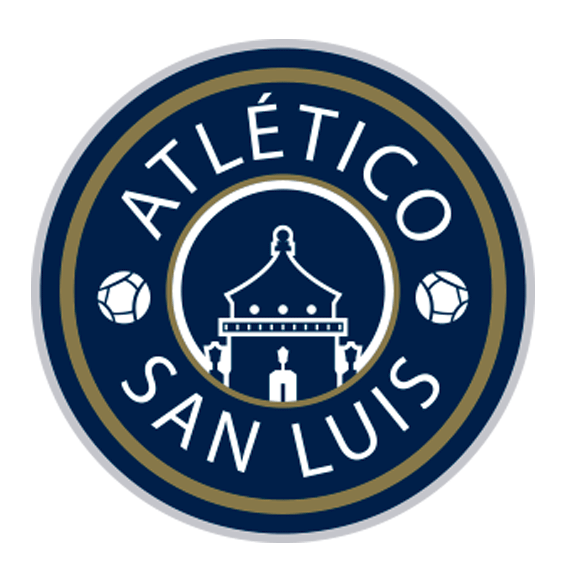
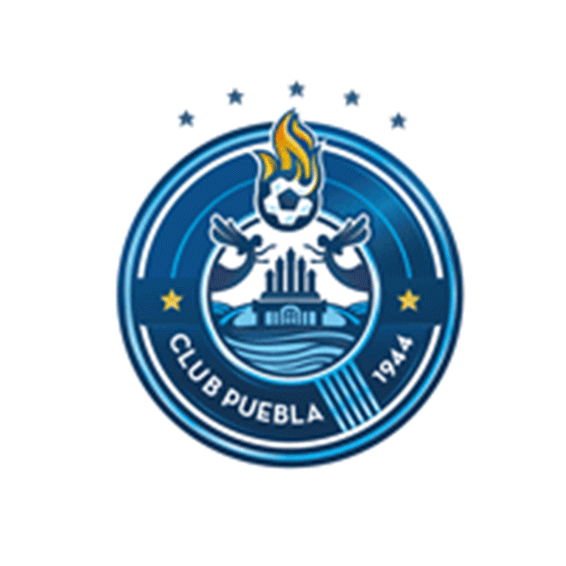
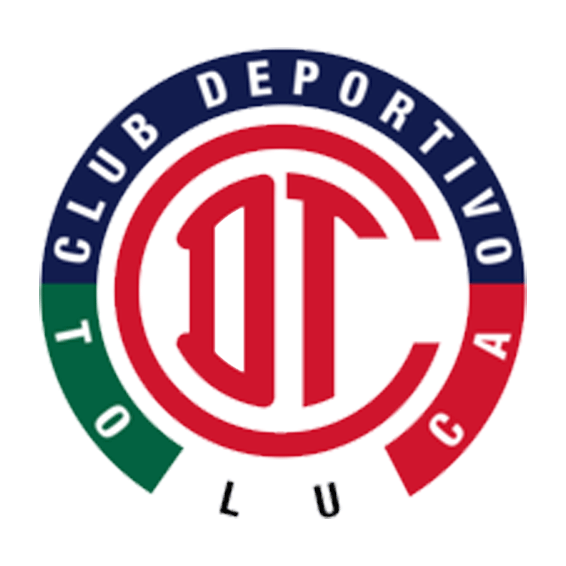
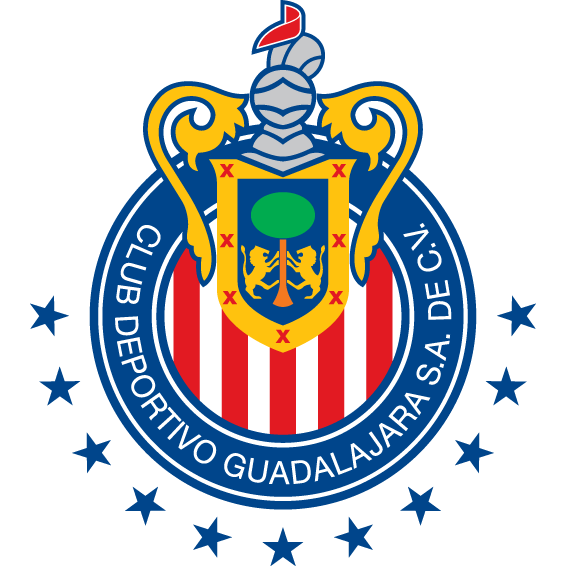
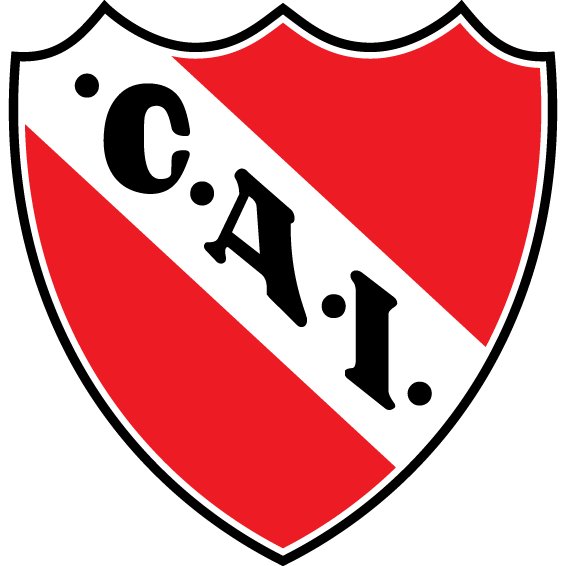
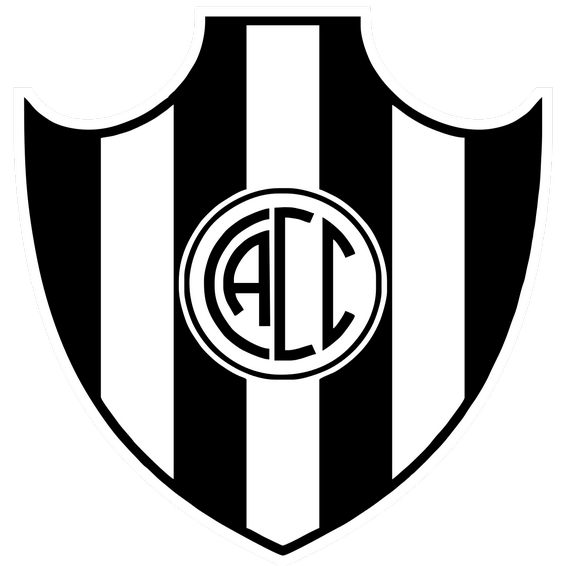
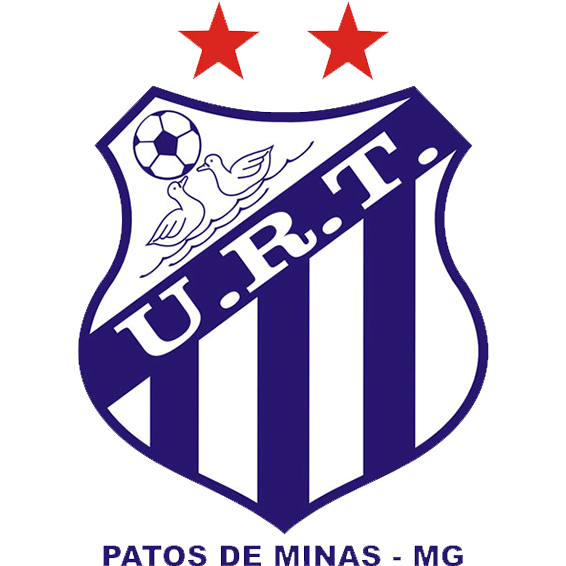
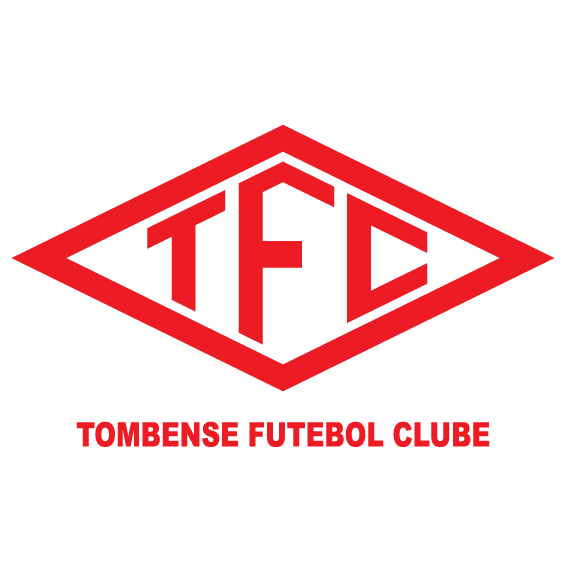
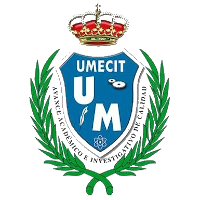
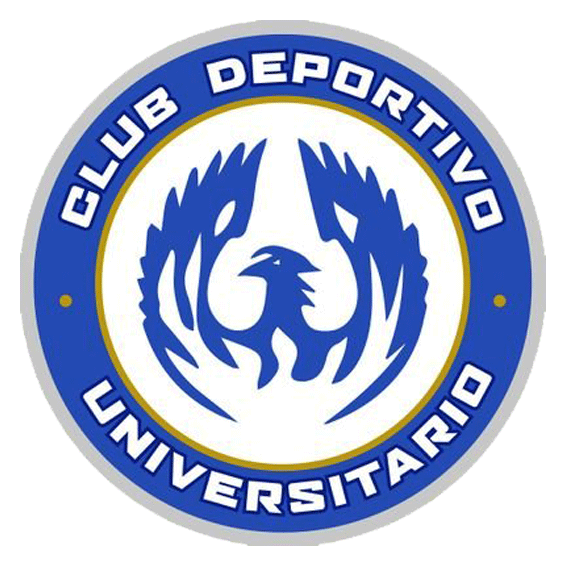

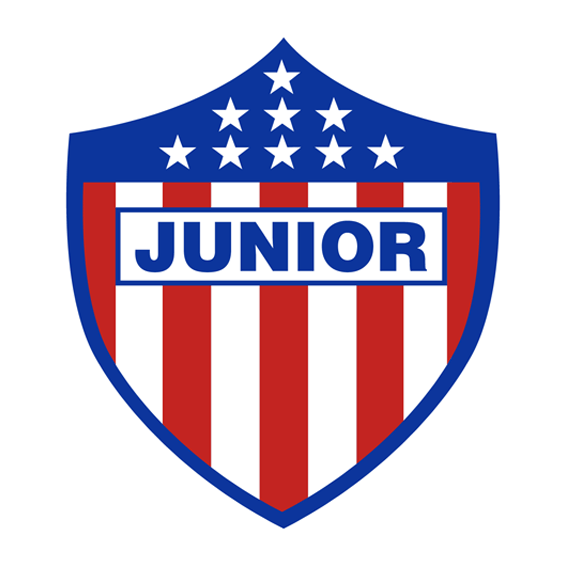
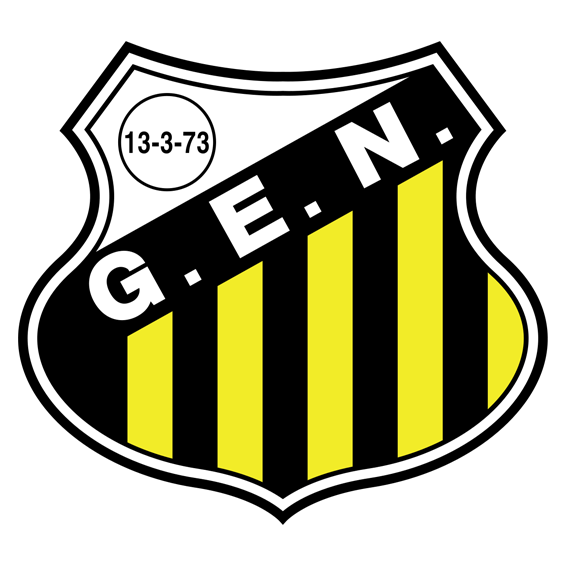
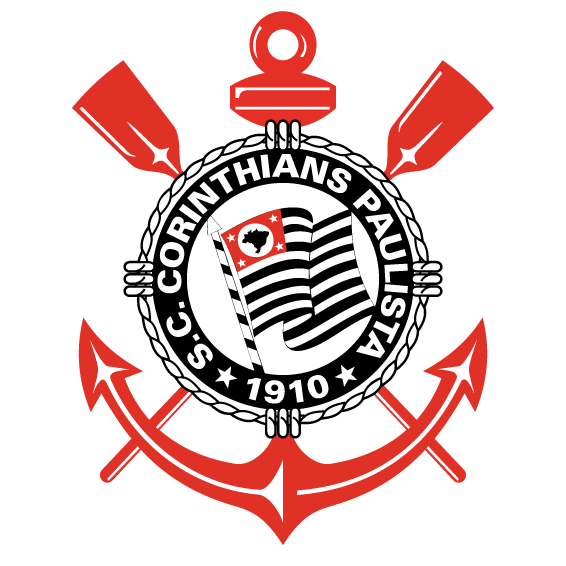



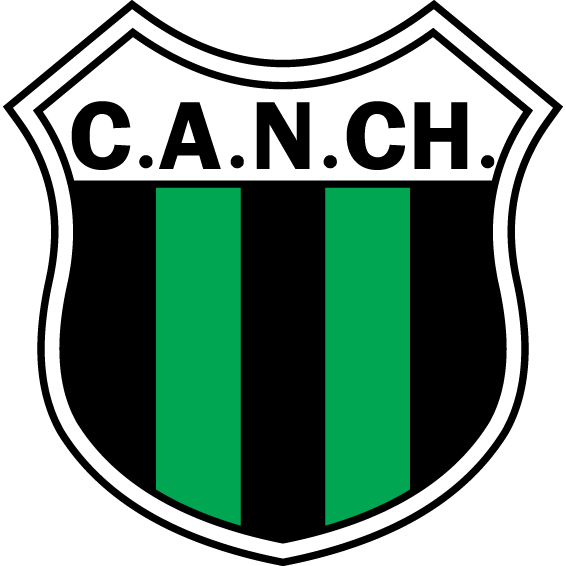
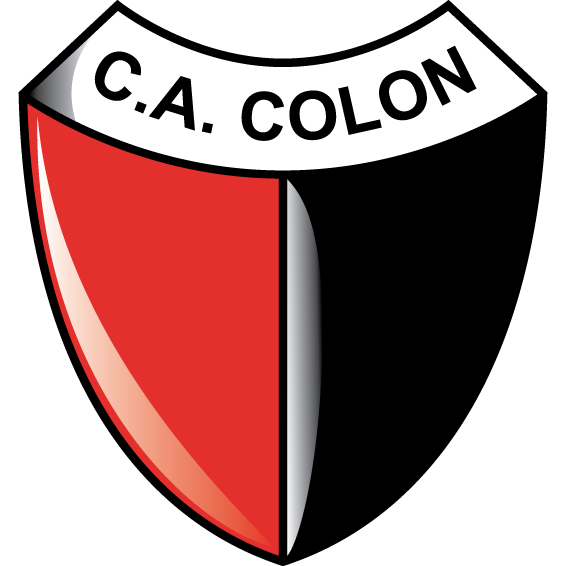


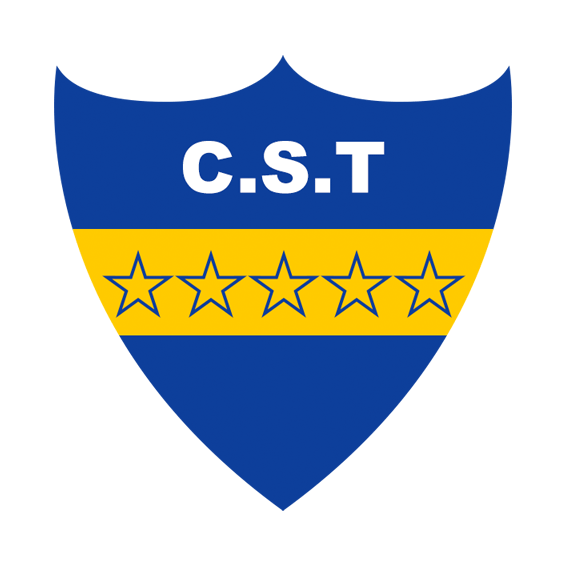
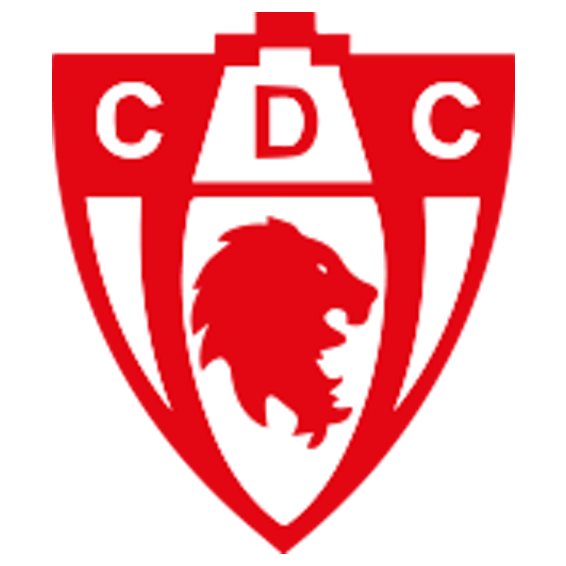



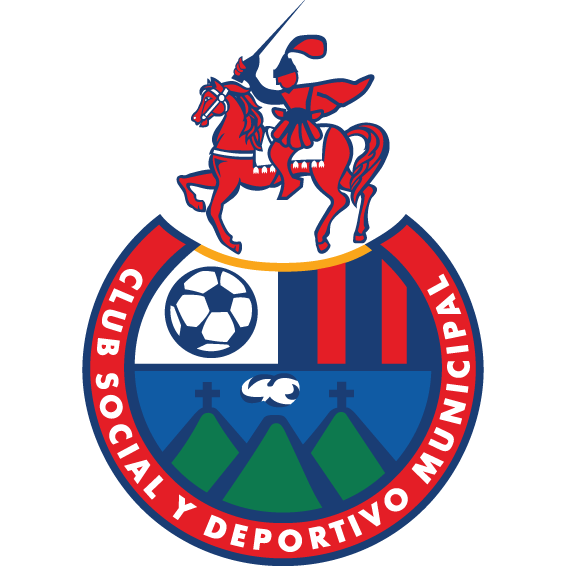



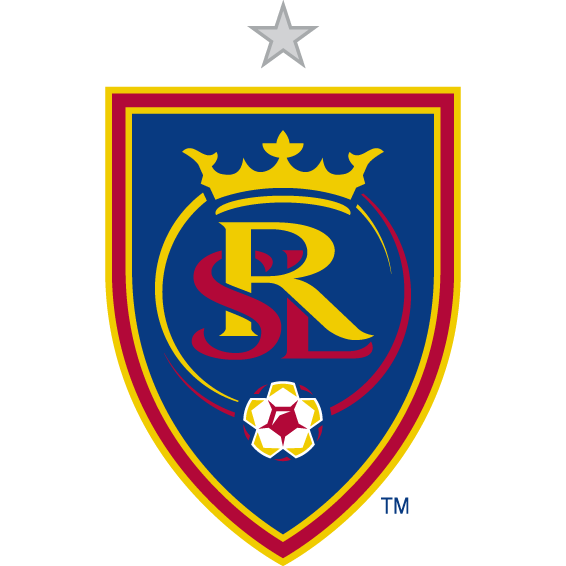
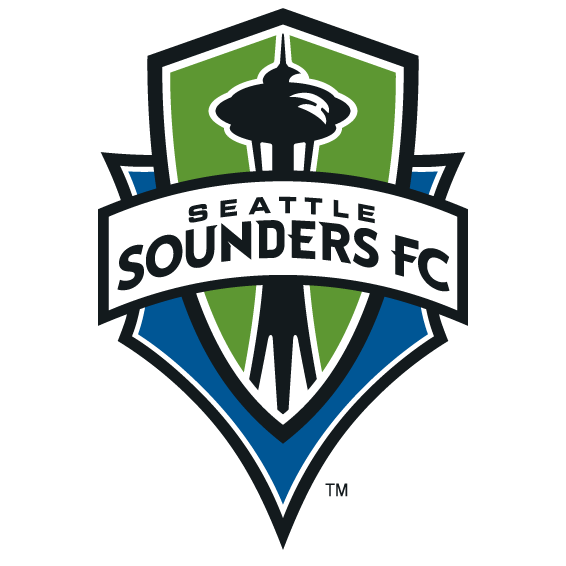
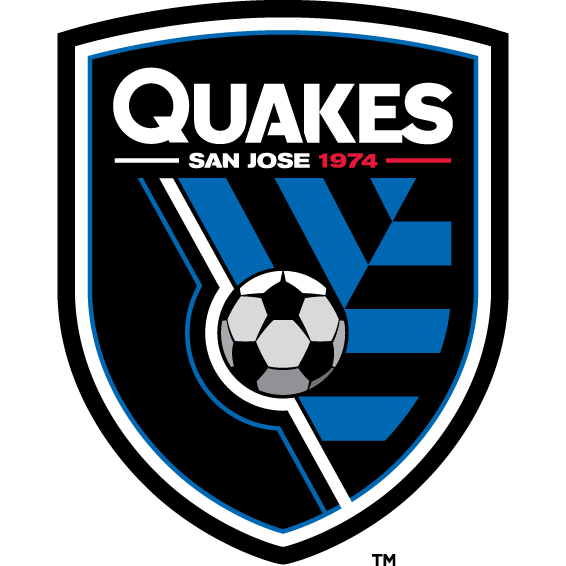
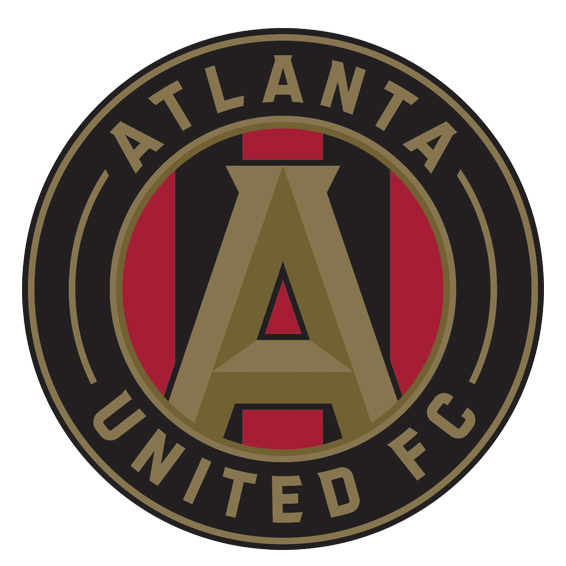


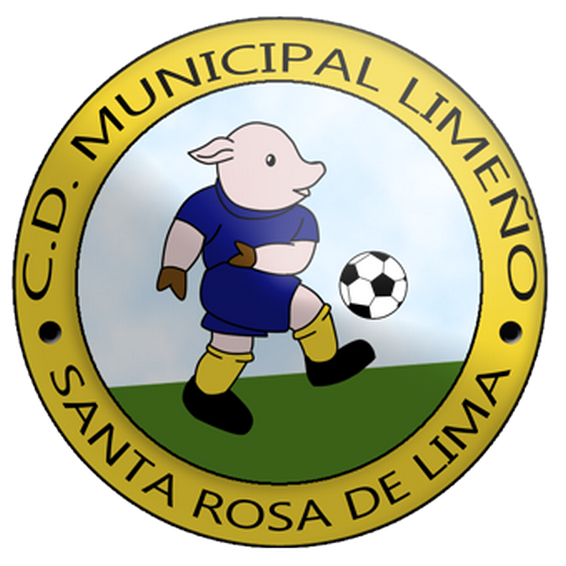

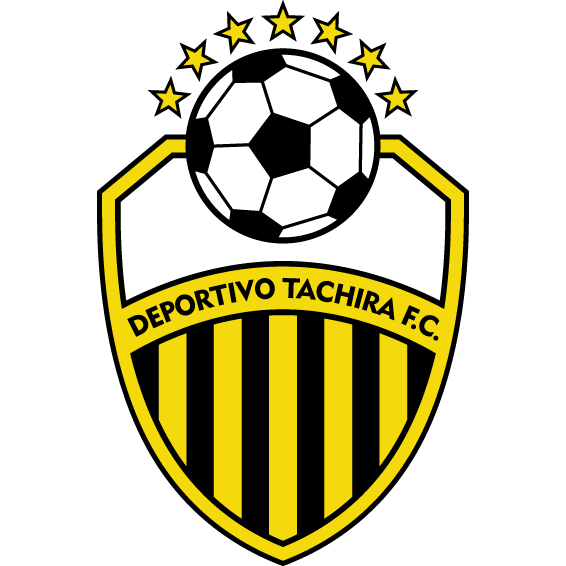


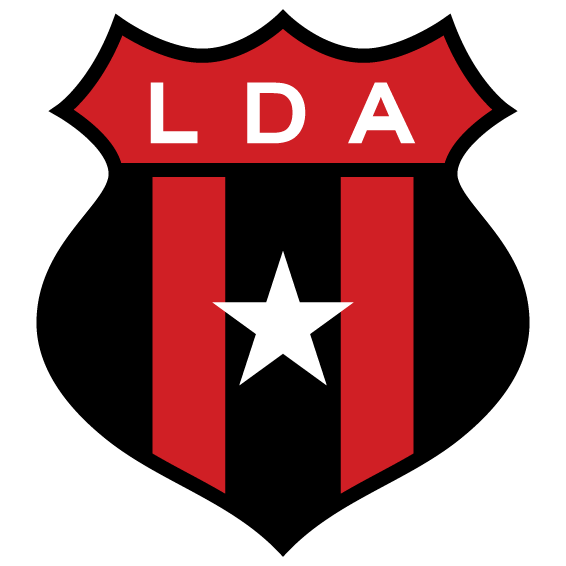

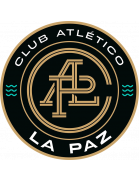
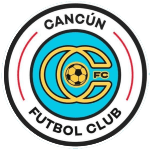
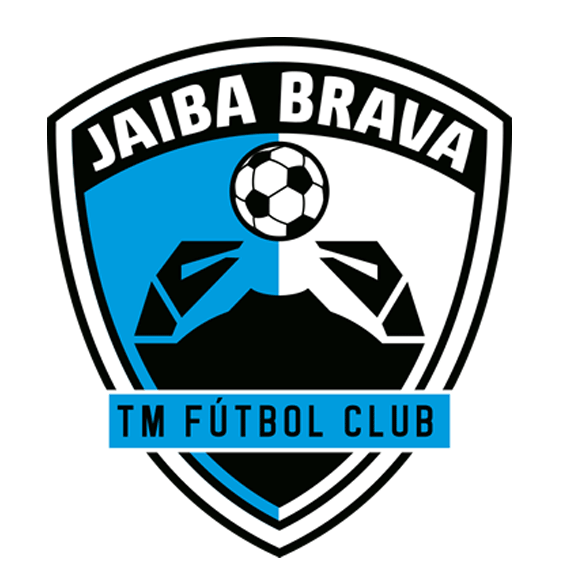

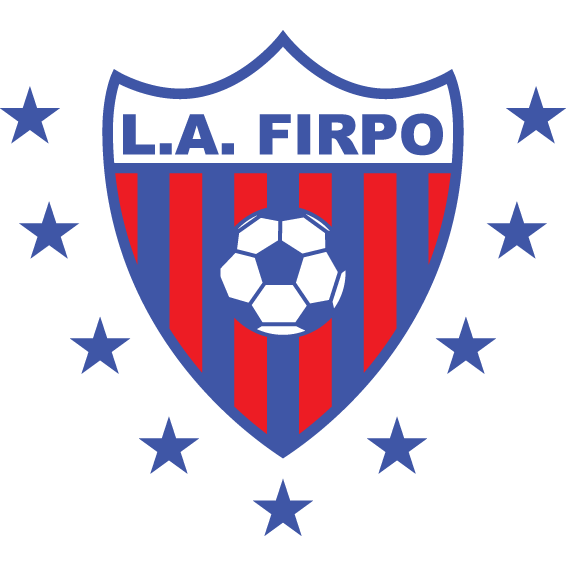
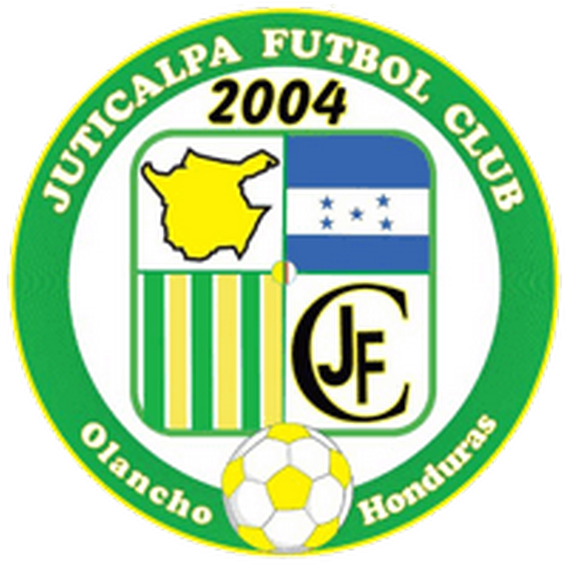
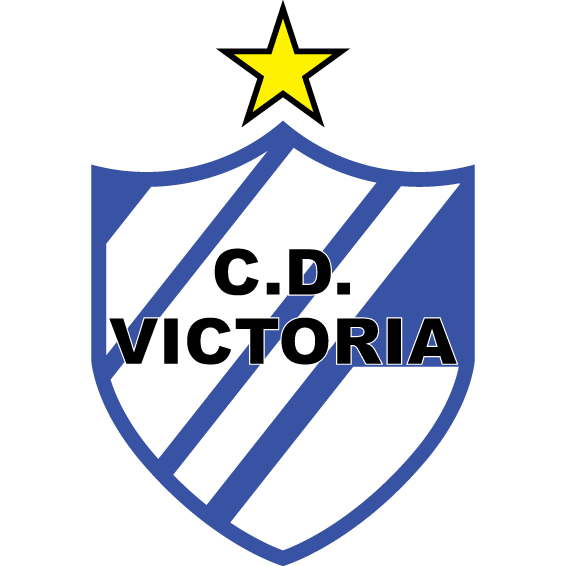

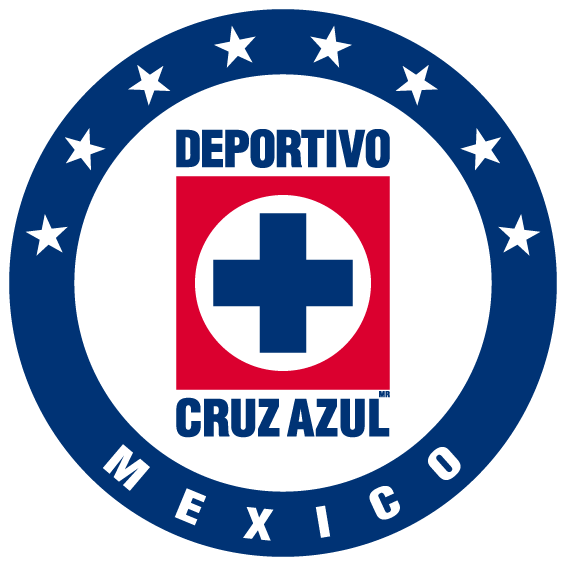
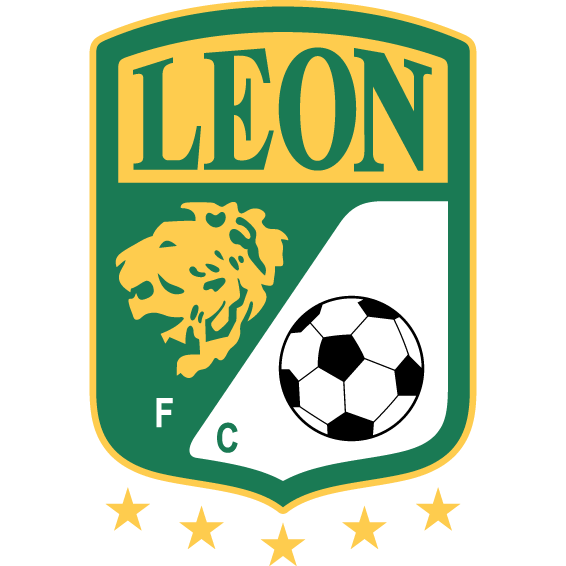
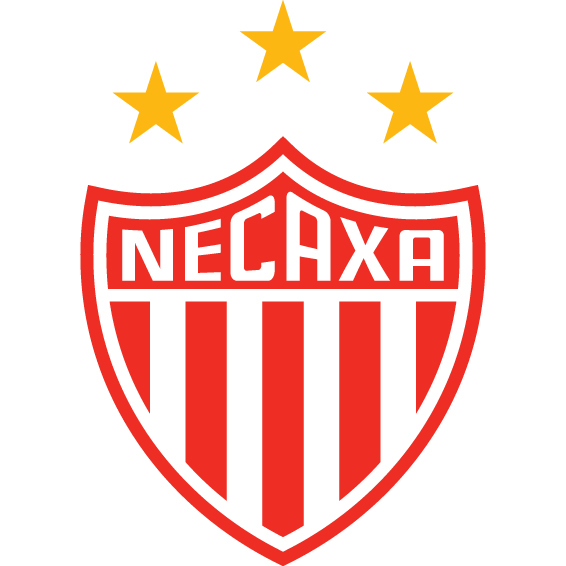

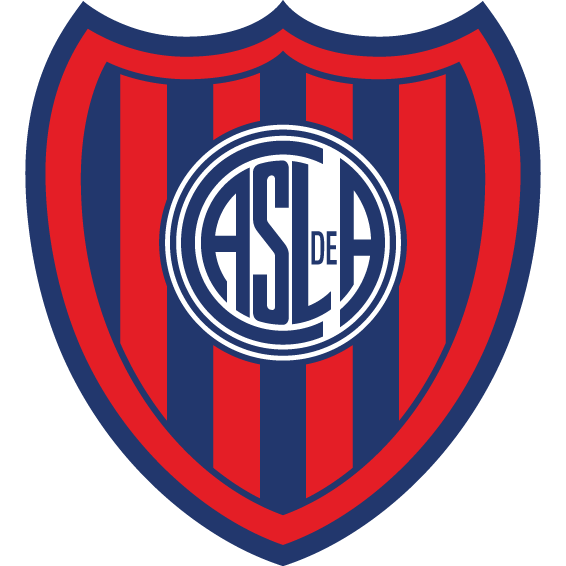
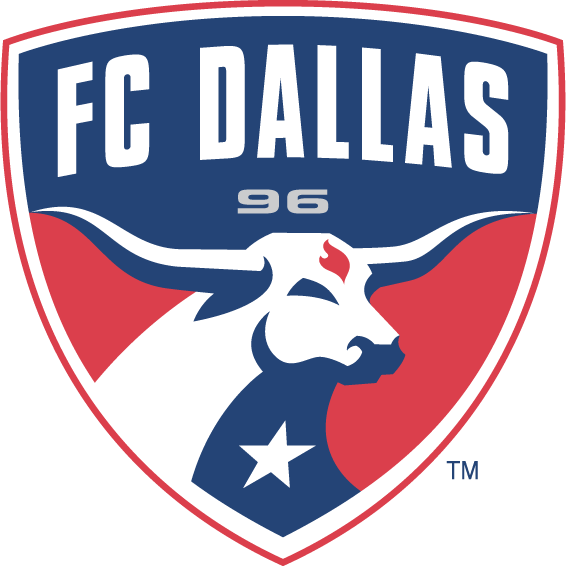


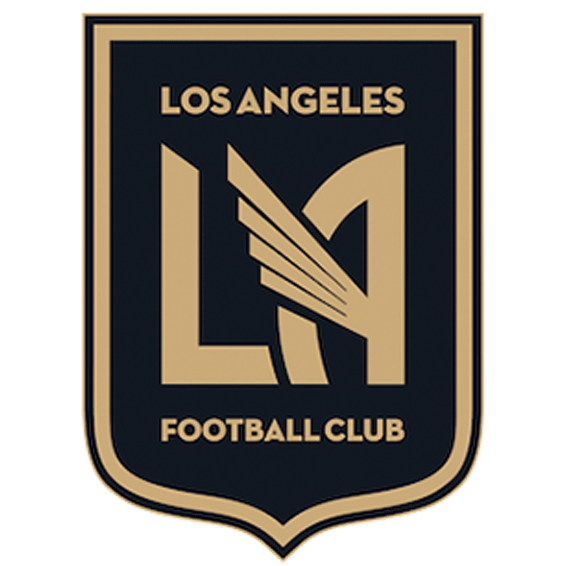

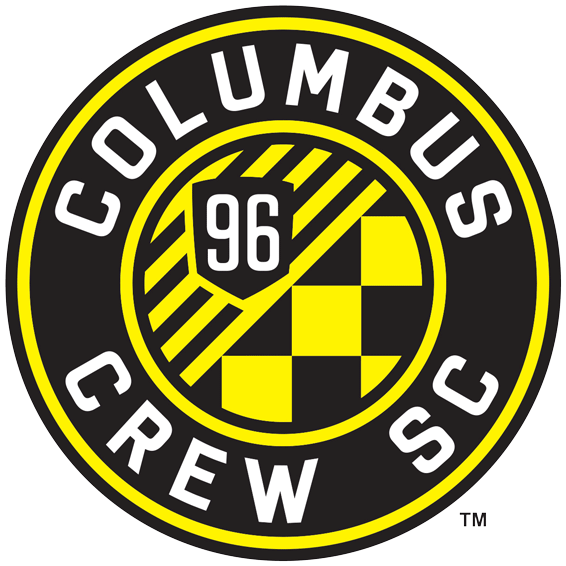







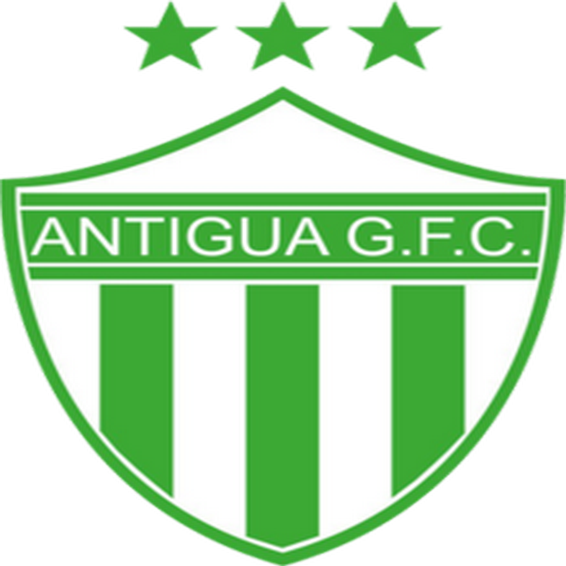

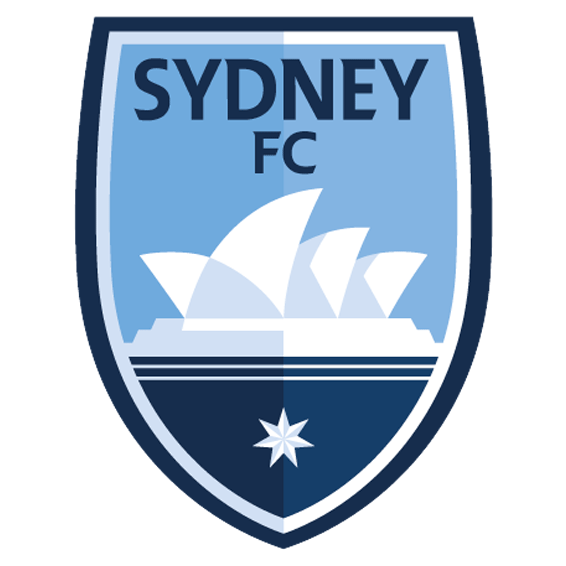
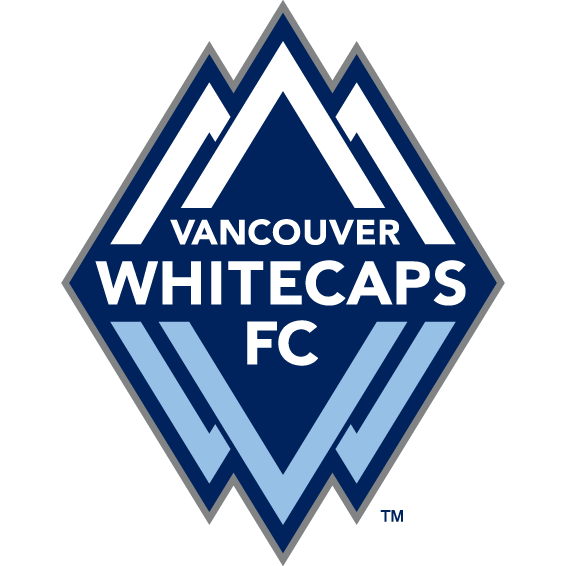
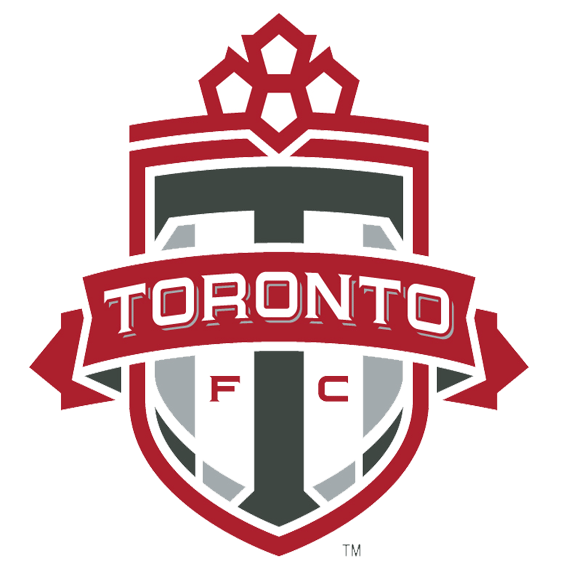























There are no comments yet. Be the first to comment!